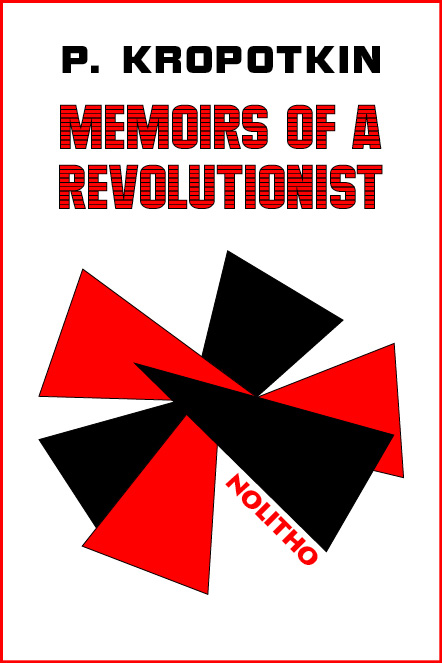“Yes and not just Ravochol but also the lives of various other anarchists. I have immersed myself in the biographies and ideas of Godwin, Proudhon, Stirner, Bakunin, Kropotkin, Tucker, and Tolstoi. I have made contact with various groups and attended meetings. In short, I have invested a great deal of time and money on this. In 1910, I took part in meetings held by Czech anarchists in a Karolinental tavern called Zum kannonenkreuz where the anarchist Youth Club met… Max Brod accompanied me to these meetings many times but, in the main, he did not find them very agreeable… For me, it was very serious business. I was on the trail of Ravachol. He led me straight to Erich Muehsam, Arthur Holitscher, and the Viennese anarchist Rudolf Grossmann… They all sought thanklessly to realize human happiness. I understood them. But… I was unable to continue marching alongside them for long.”
“The meaning of life is that it stops”
“The funeral was a most impressive sight. It was a unique demonstration never witnessed in any other country. Long lines of members of Anarchist organizations, labour unions, scientific and literary societies and student bodies marched for over two hours from the Labour Temple to the burial place, seven versts [nearly five miles] distant. The procession was headed by students and children carrying wreaths presented by various organizations. Anarchist banners of black and scarlet Socialist emblems floated above the multitude. The mile-long procession entirely dispensed with the services of the official guardians of the peace. Perfect order was kept by the multitude itself spontaneously forming in several rows, while students and workers organized a live chain on both sides of the marchers. Passing the Tolstoi Museum the cortege paused, and the banners were lowered in honour of the memory of another great son of Russia. A group of Tolstoians on the steps of the Museum rendered Chopin’s Funeral March as an expression of their love and reverence for Kropotkin.
The brilliant winter sun was sinking behind the horizon when the remains of Kropotkin were lowered into the grave, after speakers of many political tendencies had paid the last tribute to their great teacher and comrade.” (*)
Kronstadt broke the last thread that held me to the Bolsheviki. The wanton slaughter they had instigated spoke more eloquently against them than aught else. Whatever their pretences in the past, the Bolsheviki now proved themselves the most pernicious enemies of the Revolution. I could have nothing further to do with them.(*)
“He would never have allowed the elaborate preparations that Gregor required to orient himself and thus perhaps get through the door. On the contrary, as if there were no obstacle and with a peculiar noise, he now drove Gregor forwards. Behind Gregor the sound was at this point no longer like the voice of only a single father. Now it was really no longer a joke, and Gregor forced himself, come what might, into the door. One side of his body was lifted up. He lay at an angle in the door opening. His one flank was sore with the scraping. On the white door ugly blotches were left. Soon he was stuck fast and would have not been able to move any more on his own. The tiny legs on one side hung twitching in the air above, the ones on the other side were pushed painfully into the floor. Then his father gave him one really strong liberating push from behind, and he scurried, bleeding severely, far into the interior of his room. The door was slammed shut with the cane, and finally it was quiet.”
